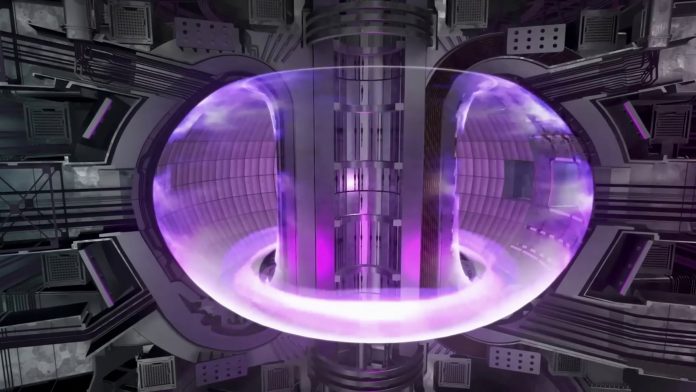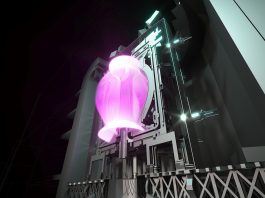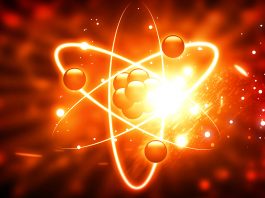In a groundbreaking advancement for nuclear power, the National Ignition Facility (NIF) has confirmed that a fusion energy experiment has released more energy than it takes to initiate – a development that promises to revolutionise future sustainable energy.
The NIF is an experimental facility at Lawrence Livermore National Laboratory (LLNL), which has now produced 3.15 megajoules of energy in its latest fusion energy experiment, greatly surpassing NIF’s previous record set in August 2021. The experimental result demonstrated for the first time that a controlled fusion reaction could release more energy than was applied by the lasers, generating about 150% of the 2.1 megajoules of energy in the lasers.
Dr Kim Budil, the Director of the Lawrence Livermore National Laboratory, commented: “The pursuit of fusion ignition in the laboratory is one of the most significant scientific challenges ever tackled by humanity, and achieving it is a triumph of science, engineering, and most of all, people.
“Crossing this threshold is the vision that has driven 60 years of dedicated pursuit — a continual process of learning, building, expanding knowledge and capability, and then finding ways to overcome the new challenges that emerged. These are the problems that the US national laboratories were created to solve.”
What is fusion energy?
Fusion is the energy that powers the Sun. When atoms reach extreme temperatures and pressures, they collide and ‘fuse’. This releases enormous amounts of energy in the process – as demonstrated in Einstein’s famous E=MC2 equation. This means that even small amounts of fuel have a huge amount of intrinsic energy, which fusion can release.
Fusion energy has the potential to provide safe, clean, abundant, and sustainable power. When it reaches commercialisation, a single gram of fuel will yield 90-megawatt hours of energy whilst emitting no greenhouse gases or atmospheric pollution. Moreover, it produces no long-lived radioactive waste and cannot melt down.
Fusion experiment achieves record-breaking results
Scientists at the LLNL first hypothesised in the 1960s that lasers could be used to produce fusion energy. Led by physicist John Nuckolls, the Director between 1988 and 1994, this idea became inertial confinement fusion, sparking over six decades of research and development in lasers, optics, diagnostics, target fabrication, computer modelling and simulation, and experimental design.
LLNL pioneered a series of increasingly powerful laser systems, resulting in the creation of NIF, the largest and most energetic laser system in the world. NIF is the size of a sports stadium and utilises powerful laser beams to produce temperatures and pressures similar to the inside of the Sun and exploding nuclear weapons.
The experiment has now surpassed all previous records, delivering 2.1 megajoules of energy to the target, resulting in 3.15 MJ of fusion energy output, and demonstrating the fundamental science basis for inertial fusion energy (IFE) for the first time. IFE has the potential to power sustainably power homes and businesses to help decarbonise the planet.
Andrew Holland, the CEO of the Fusion Industry Association (FIA), concluded: “This will give governments around the world further incentive to support the development of commercial fusion energy. It also shows that now is the time to establish regulatory regimes which both protect the public and encourage innovation. The FIA and our member companies will continue to meet milestones and drive rapid increases in fusion investment while supporting efforts to increase interest from governments around the world.”









